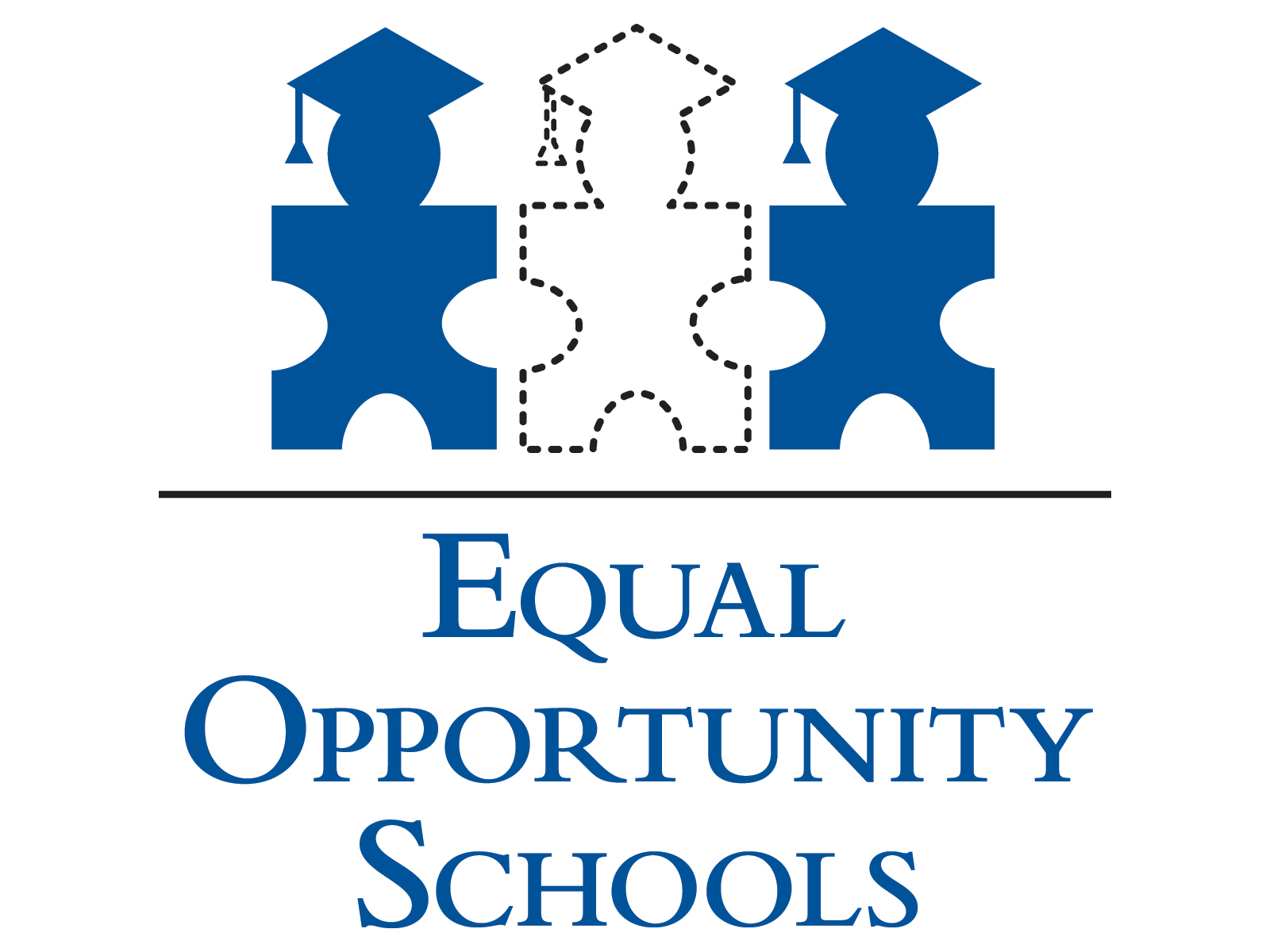Expanding AP/IB Access at the White House Next Gen High School Summit
 Today the White House is convening teachers, administrators, researchers, industry and philanthropic leaders from across the country committed to redesigning high school education and making the high school experience more innovative and inclusive of students from all backgrounds. One of the Cooke Foundation’s grantees, Equal Opportunity Schools (EOS),will not only be participating in the first ever Next Generation High School Summit, it will also announce a new Lead Higher initiative to help one state become the first in the U.S. to fully reflect its diversity in the Advanced Placement (AP) and International Baccalaureate (IB) courses taken in its K-12 schools.
Today the White House is convening teachers, administrators, researchers, industry and philanthropic leaders from across the country committed to redesigning high school education and making the high school experience more innovative and inclusive of students from all backgrounds. One of the Cooke Foundation’s grantees, Equal Opportunity Schools (EOS),will not only be participating in the first ever Next Generation High School Summit, it will also announce a new Lead Higher initiative to help one state become the first in the U.S. to fully reflect its diversity in the Advanced Placement (AP) and International Baccalaureate (IB) courses taken in its K-12 schools.
EOS has been a foundation grantee since 2012, and earlier this received a total of $1.5 million from the foundation and other Lead Higher consortium members to identify and place 100,000 low-income students and students of color in AP and IB courses across the country.
Each year more than 650,000 students who are qualified for advanced courses are not enrolled in them. A 2013 report produced by The Education Trust (“Finding America’s Missing AP and IB Students“), found that, “75 percent of American-Indian students, 72 percent of black students, and 66 percent of Hispanic students whose PSAT scores suggested they had the potential to be successful in an AP math course were left out of the program.” Very similar discrepancies are also present in data for PSAT science scores.
The benefits of taking an AP or IB course go beyond a deeper learning experience and the possibility of earning college credit. According to a report published in August by Achieve and Jobs for the Future (“Integrating Earning College Credit in High Schools into Accountability Systems“), students enrolled in these courses have higher college enrollment rates and perform better in college. IB students are also more likely to graduate from college within four to six years. Additionally, the report emphasized that “the positive effects of AP programs may be larger for underrepresented students.”
States who are interested in partnering with EOS to extend their AP and IB courses will be able to enter in a competitive application process this winter.
What other ways are education leaders rethinking high school?
- Watch the event livestream: White House Summit on Next Gen High Schools
- Read the White House’s Fact Sheet: Obama Administration Announces More than $375 Million in Support for Next-Generation High Schools
- Join the conversation on social media using #NextGenHS